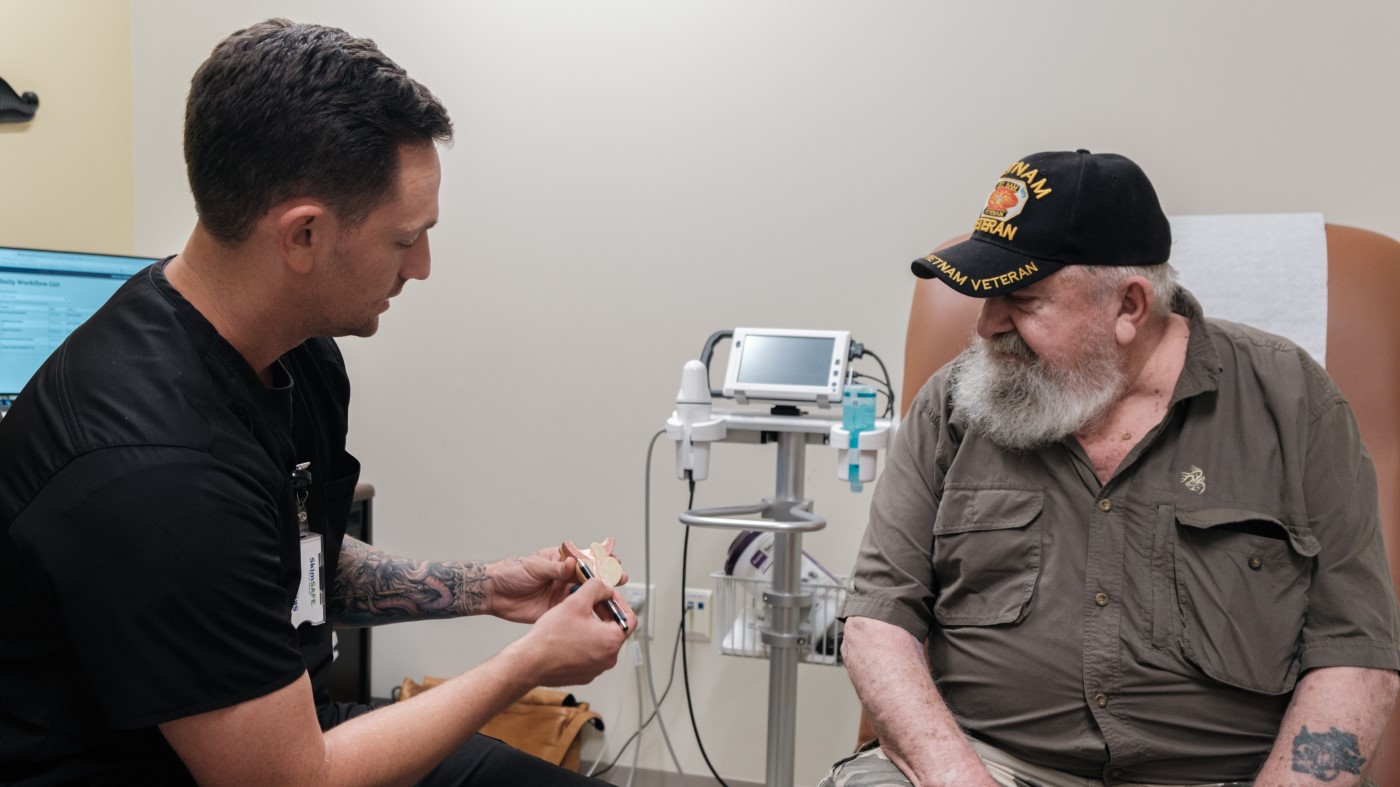Earlier this week, we talked about the steps VA is taking to improve access to care for Veterans nationwide. One of the moves involves renewing our commitment to customer service. Last week, VA Secretary Robert McDonald stated that customer outcomes are Veterans’ outcomes, and “if we fail at serving Veterans, we fail.”
With that in mind, VA recognizes 10 key principles that will lead to a successful customer service experience. While these are specific to VA as an organization, most can be applied across professions and industries:
10 Key Principles that Lead to a Successful Customer Experience
- Leaders create and model an attitude of serving.
- Expectations of serving flow throughout the organization.
- Expectations of serving are measured throughout the organization.
- Courtesy, competence and quality are baseline.
- Every interaction leaves an impression – positive, negative or neutral.
- Hire for attitude; train for skills.
- Empower and support employees to do whatever it takes.
- Build every interaction and relationship around the patient.
- Service recovery; getting it VERY right the second time.
- Deliver care as a single, unified experience.
Customer service may seem easy and natural, but it’s a business process that requires hard work, competent leadership, and a dedication to seeing it through.
What do you think about customer service in health care? Do these principles resonate? In your own professional life, as employee or manager, have you had to uphold one or more of these principles in order to improve your customer service attitude? Let us know in the comments!
Topics in this story
More Stories
As a chief of staff, you’ll have many important responsibilities, but also an opportunity to make positive change for our team and the Veterans we serve.
As a geriatrics specialist at VA, your work will have a huge impact on Veterans as they come to rely on VA’s care as they grow older.
Discerning fact from fiction when it comes to VA applications can be a challenge. We’re here to help.







